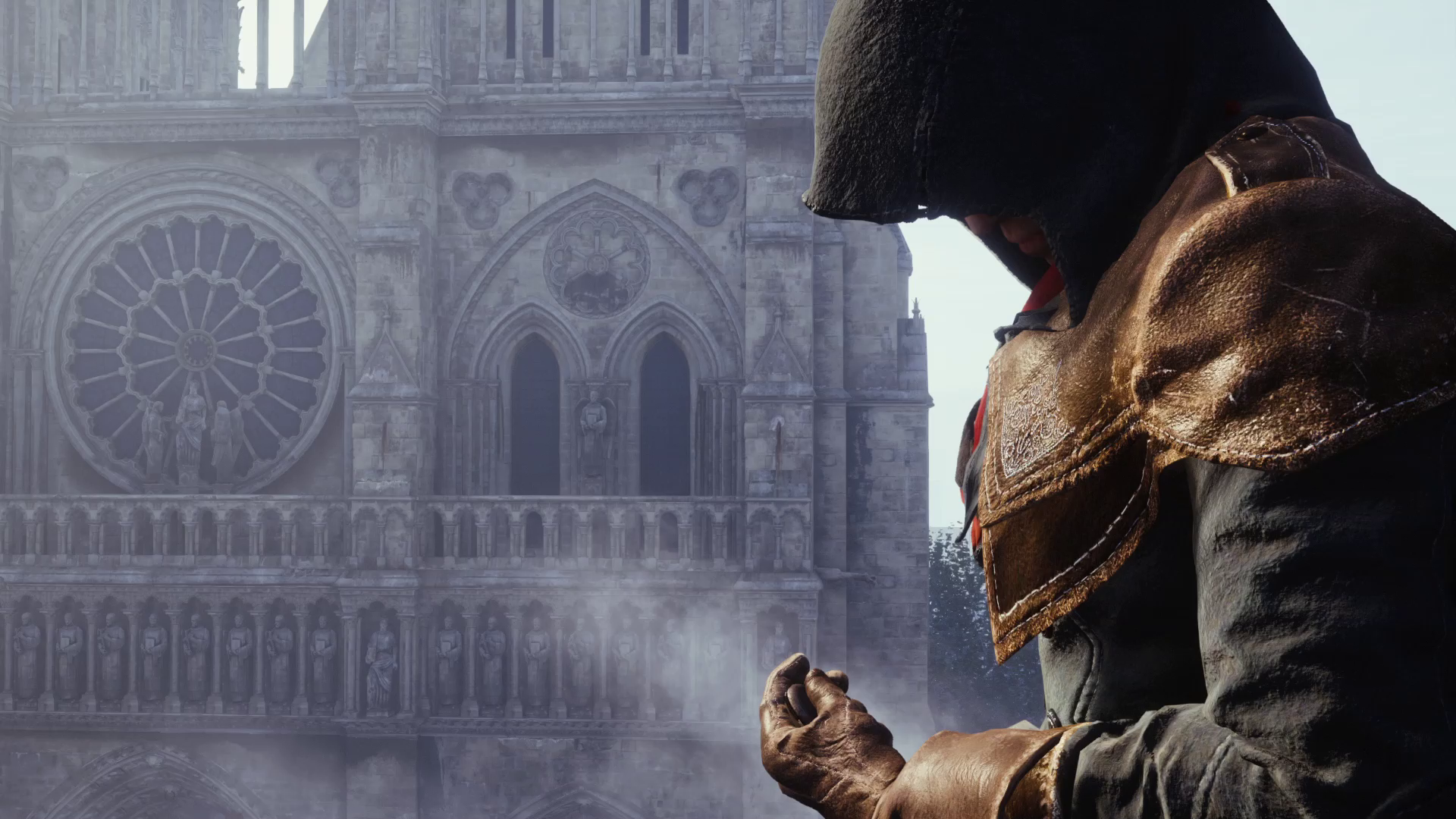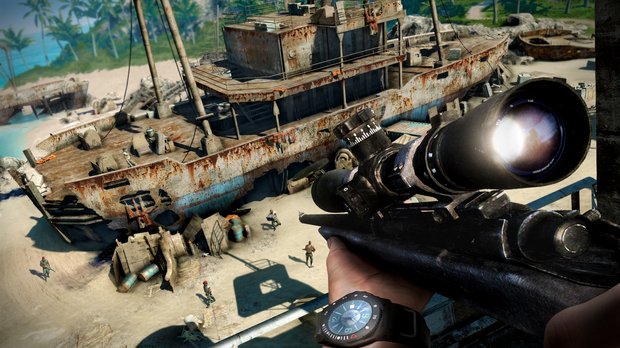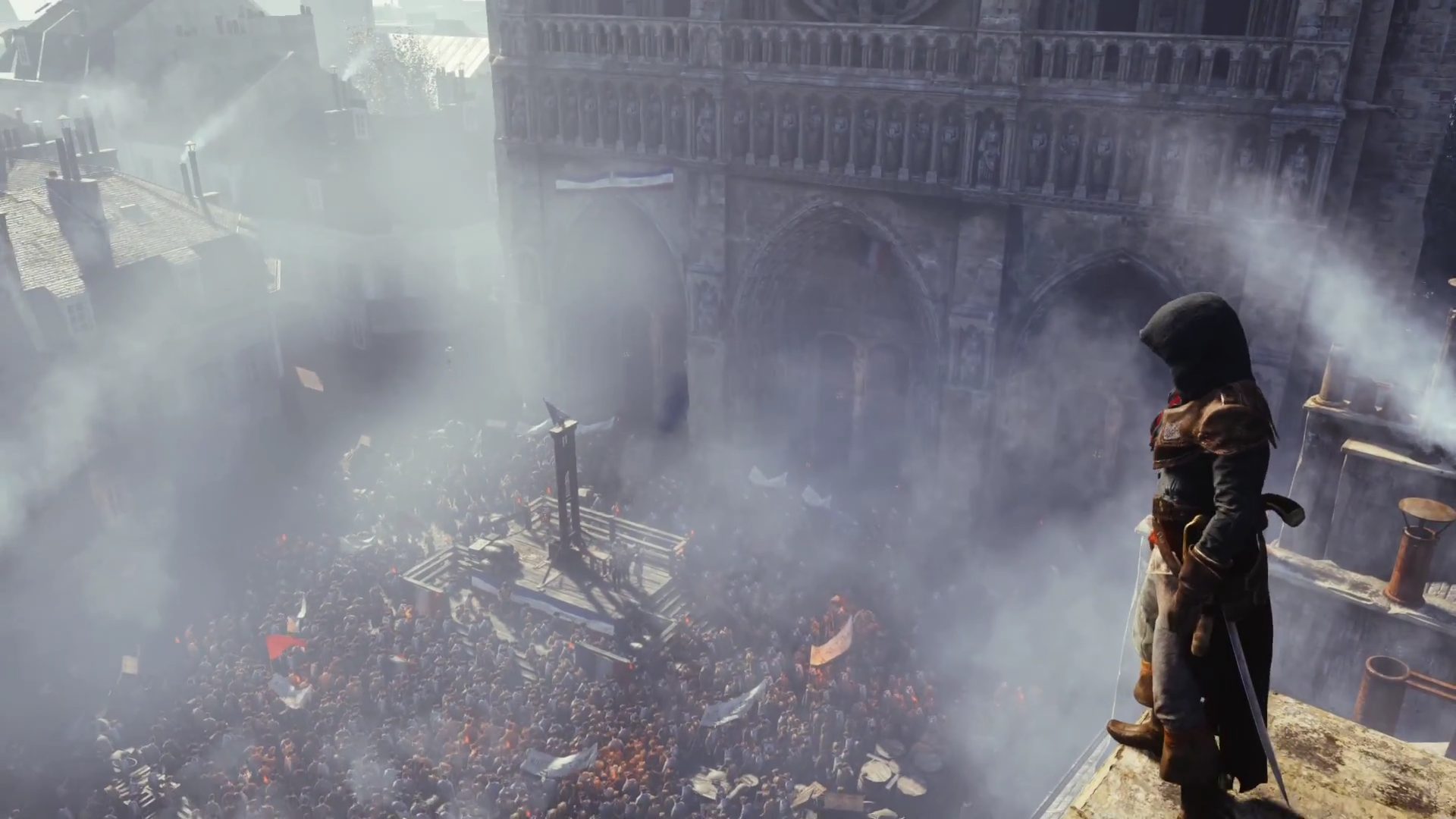Does 'more developers' really mean 'better games'?
The days of seeing one game developer making a single title may be over. It's no secret that many of the most massive, blockbuster games have been made by multiple game studios. But one publisher has the multi-studio development down pat. Ubisoft is cranking games out like a well-oiled machine, and if other major game developers are smart, they'll get on Ubisoft's level, and fast.

Developers have been outsourcing the game production load to outside development studios for years. Those secondary studios have been used to help out with building assets, focusing on secondary modes, and generally just carrying the weight of the grunt work while the primary developer focused on the game's "main attraction." The Call of Duty series has made that system work well, having multiple studios build different sections of the games. In CoD: Ghosts alone, there were five studios involved that split the work between the singleplayer, multiplayer, and co-op modes. Ubi's newly announced Far Cry 4 is also said to have five studios behind it. But there have also been some flops. The 2010 Medal of Honor reboot had uncoordinated, very different feeling singleplayer campaign (developed by Danger Close) and multiplayer mode (developed by DICE) that failed to create a cohesive product.
Getting more people to share the load on a massive project is all well and good, if everything stays organized. When the people leading the battalion of game developers don't have a clear creative vision or are unable to communicate effectively to the global team, the game isn't going to turn out well. The Far Cry 3 developers were able to create a fantastic single player game, and it was all put together by four different studios. Coordination is key.

Unlike EA in 2010, Ubisoft seems to have a leg up having a large number of studios work in parallel on a single game. The publisher announced that the upcoming Assassin's Creed: Unity is being pieced together by 10 separate studios, including Ubisoft studios located in Montreal, Toronto, Singapore, Quebec, Annecy, Shanghai, Chengdu, Kiev, Montpellier, and Bucharest. Considering the list includes the majority of the biggest studios in the global company (Shanghai is the second largest in Ubisoft’s stable, and Quebec has over 300 employees), the number of developers working on the game is nothing to sneeze at.
Assassin's Creed 4: Black Flag was said to be made by seven separate studios, which amounts to a over 900 people (the credits are 25 minutes long for chrissake). Ubisoft Montreal, Kiev, Quebec, and Singapore all worked on the single player campaign, Ubisoft Sofia worked on the modern day elements, and Annecy and Bucharest built the multiplayer. Add 3 more studios to that and you'd get Unity. It sounds like a crazy amount of coordination (which I'm sure it is), but having a synchronized group of development studios allows the publisher to put out the kind of Assassin's Creed-sized games the market demands on an annual basis. Not only that, being assigned to a smaller portion of a game probably allows the individual studios more flexibility when it comes to being involved with Ubi's many other IPs.

It's no wonder that Ubisoft manages to create such polished open-world games like Assassin's Creed--minus the ship glitches. The company just has a bajillion people fine tuning every part of the gameplay. Each respective studio can really hone in on the element of the game it's responsible for, making for a better experience in the end. As long as the creative vision is clear and maintained across each of the studios involved there really wouldn't be much of a difference between a team working under one roof and splitting the work overseas.
So, what can other game publishers learn from Ubi? Many hands make light work. And in the case of game development, those many hands also make some pretty good games. The trick comes when your trying to organize those people all over the world that speak different languages and live different lifestyles to unite under one common goal. Wait...I think I just discovered why they're calling the next AC "Unity."
Sign up to the GamesRadar+ Newsletter
Weekly digests, tales from the communities you love, and more
Many years ago, Lorenzo Veloria was a Senior Editor here at GamesRadar+ helping to shape content strategy. Since then, Lorenzo has shifted his attention to Future Plc's broader video game portfolio, working as a Senior Brand Marketing Manager to oversee the development of advertising pitches and marketing strategies for the department. He might not have all that much time to write about games anymore, but he's still focused on making sure the latest and greatest end up in front of your eyes one way or another.



